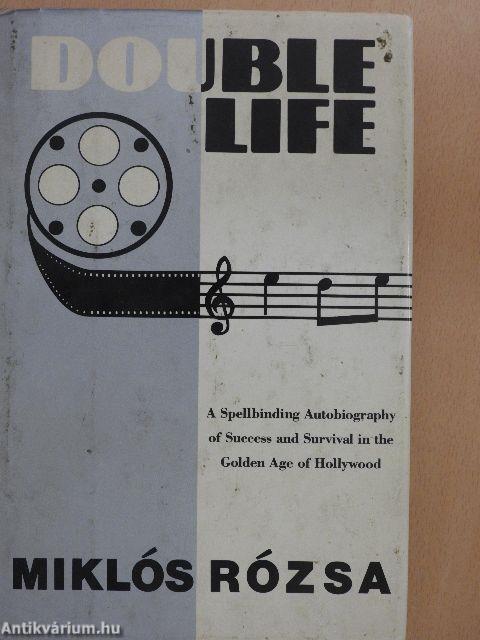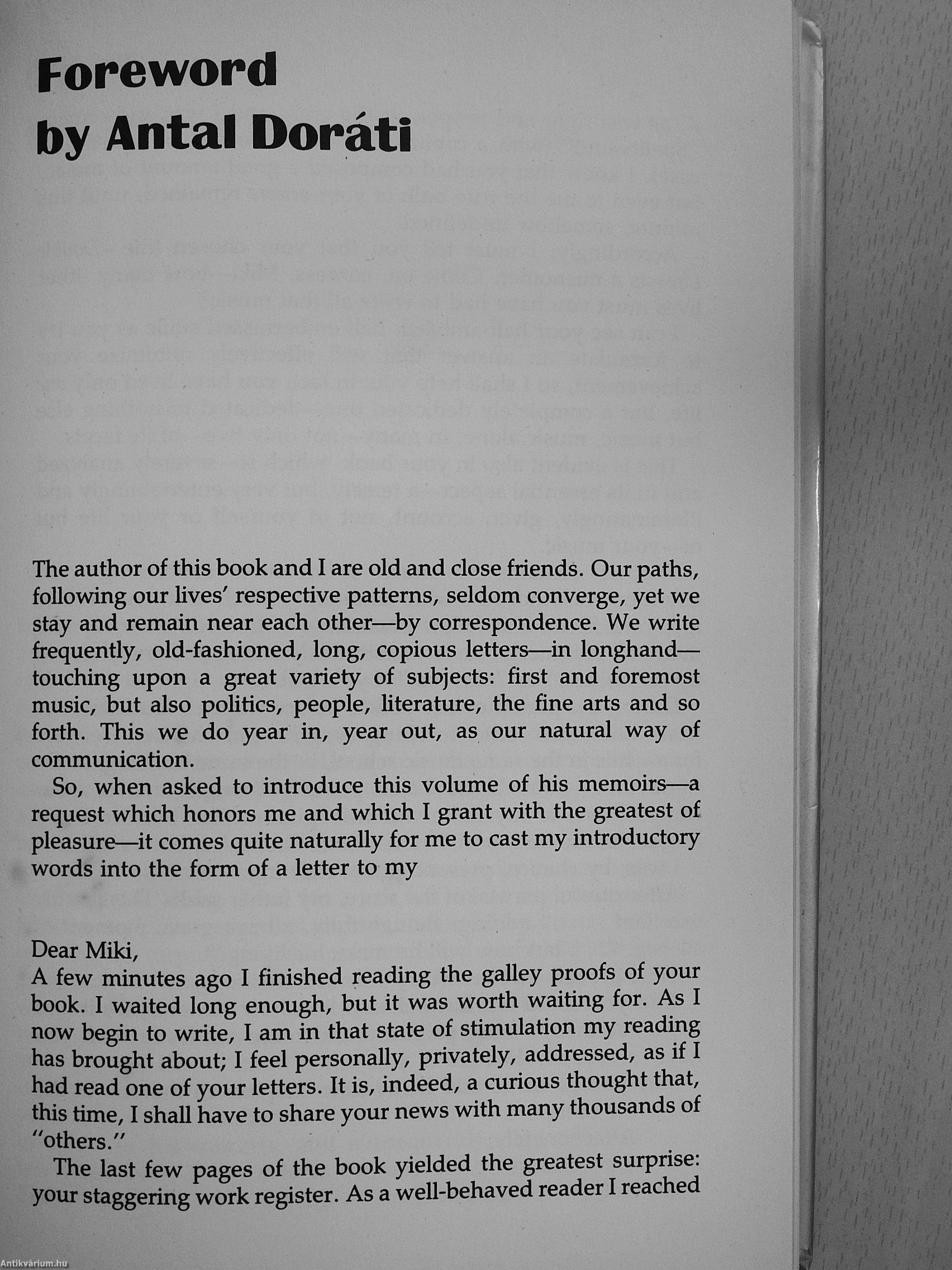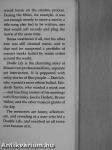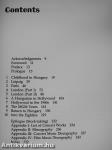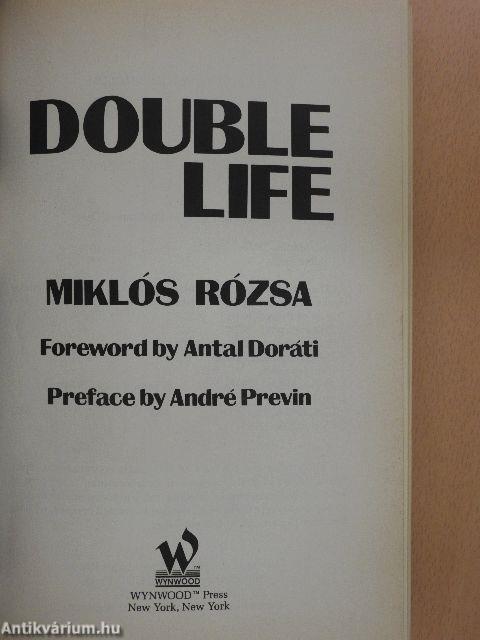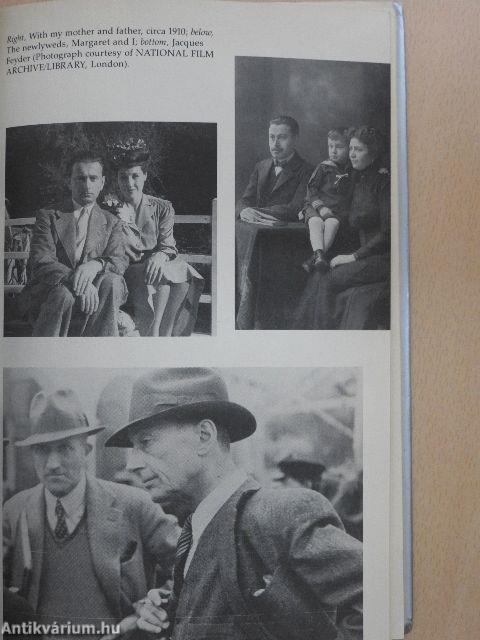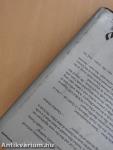1.067.317
kiadvánnyal nyújtjuk Magyarország legnagyobb antikvár könyv-kínálatát

VISSZA
A TETEJÉRE
JAVASLATOKÉszre-
vételek
Double Life
A Spellbinding Autobiography of Success and Survival in the Golden Age of Hollywood
| Kiadó: | Wynwood Press |
|---|---|
| Kiadás helye: | New York |
| Kiadás éve: | |
| Kötés típusa: | Félvászon |
| Oldalszám: | 256 oldal |
| Sorozatcím: | |
| Kötetszám: | |
| Nyelv: | Angol |
| Méret: | 24 cm x 16 cm |
| ISBN: | 0-922066-17-5 |
| Megjegyzés: | Fekete-fehér fotókkal illusztrálva. |
naponta értesítjük a beérkező friss
kiadványokról
naponta értesítjük a beérkező friss
kiadványokról
Előszó
TovábbFülszöveg
Miklós Rózsa arrived in London from his native Hungary with L16 in his pocket and a command of English gleaned from ten lessons at Berlitz. How was a young, talented, "serious" composer to support himself when his better-known contemporaries admitted they could not? The answer, young Rózsa discovered, was by writing music for the burgeoning British film industry.
Through a fluke connection to the Kordas — Vincent, Alex, and Zoltán — Rózsa began a career that would span four decades, garner him three film score Oscars and eighteen nominations, and involve him in the active production of nearly one hundred films, including such classics as Double Indemnity, Lost Weekend, and Ben-Hur.
Rózsa learned the craft of composing to the mood of a given scene and to the stopwatch demands of a scene's length, but he also discovered how the personalities involved in filmmaking could
wreak havoc on the creative process. During the fifties, for example, it was not enough merely to score a... Tovább
Fülszöveg
Miklós Rózsa arrived in London from his native Hungary with L16 in his pocket and a command of English gleaned from ten lessons at Berlitz. How was a young, talented, "serious" composer to support himself when his better-known contemporaries admitted they could not? The answer, young Rózsa discovered, was by writing music for the burgeoning British film industry.
Through a fluke connection to the Kordas — Vincent, Alex, and Zoltán — Rózsa began a career that would span four decades, garner him three film score Oscars and eighteen nominations, and involve him in the active production of nearly one hundred films, including such classics as Double Indemnity, Lost Weekend, and Ben-Hur.
Rózsa learned the craft of composing to the mood of a given scene and to the stopwatch demands of a scene's length, but he also discovered how the personalities involved in filmmaking could
wreak havoc on the creative process. During the fifties, for example, it was not enough merely to score a movie; a title song also had to be written, one that would sell records and plug the movie at the same time.
Rózsa weathered it all, but his other love was still classical music, and to that end he composed a portfolio of concert works hailed by music critics around the world.
Double Life is the charming story of Rozsa's two professional lives, separate yet interwoven. It is peppered with witty stories of film people—Dietrich, who wanted a more ethnic ballad, Elizabeth Taylor, who wanted a mink coat —and touching stories of his meetings with Stravinsky, Jascha Heifetz, Bruno Walter, and the other musical giants of the day.
The memories are funny, affectionate, and revealing of a man who led a Double Life, and enriched us all twice over because of it.
Vissza
Témakörök
- Idegennyelv > Idegennyelvű könyvek > Angol > Művészetek > Film
- Idegennyelv > Idegennyelvű könyvek > Angol > Művészetek > Zene
- Idegennyelv > Idegennyelvű könyvek > Angol > Szépirodalom > Regény, novella, elbeszélés
- Szépirodalom > Regény, novella, elbeszélés > Tartalom szerint > Művészetek > Zene
- Művészetek > Zene > Komolyzene > Zenetörténet > Külföldi
- Művészetek > Zene > Komolyzene > Zenei élet > Interjúk, művészportrék > Magyar
- Művészetek > Zene > Komolyzene > Idegen nyelv > Angol
- Művészetek > Zene > Könnyűzene > Zenei élet > Interjúk, művészportrék
- Művészetek > Zene > Komolyzene > Korszakok > XX. század > Külföldi > Zeneszerzők
- Művészetek > Film > Interjúk, vallomások
- Művészetek > Film > Filmtörténet > Országok szerint > Külföldi > Amerikai
- Művészetek > Film > Idegen nyelv > Angol
- Szépirodalom > Regény, novella, elbeszélés > Az író származása szerint > Magyarország
- Szépirodalom > Regény, novella, elbeszélés > Tartalom szerint > Életrajzi regények > Önéletrajzok, naplók, memoárok



